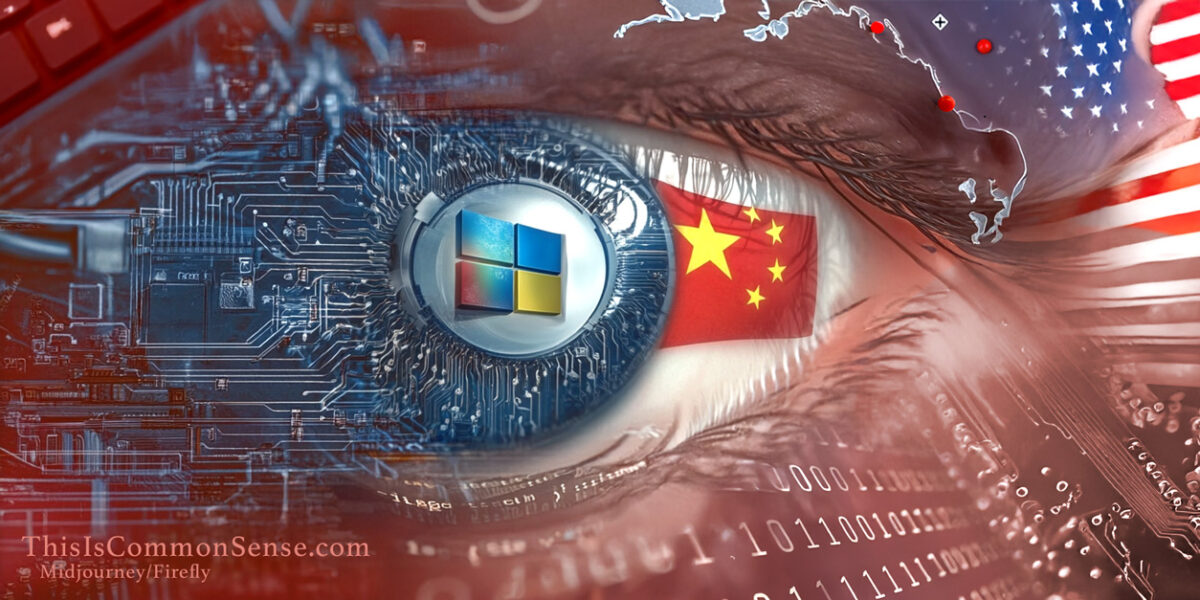Microsoft has just published a pretty good update on the cyber-threat landscape, Digital Defense Report 2024.
The report comprehensively describes the recent prolific activity of state-affiliated hackers all over the world, primarily those affiliated with China, Iran, North Korea, and Russia.
In the case of China, we have a series of “Typhoon”-named cyberattacks: Raspberry Typhoon, Flax Typhoon, and Granite Typhoon, to name a few, that “have intensively targeted entities associated with IT, military, and government interests around the South China Sea.”
The toll of cyberattacks in the U.S. — all kinds from all sources — has been extensive. In the recent year, “389 healthcare institutions were successfully hit by ransomware,” resulting in closures and medical delays.
The report is also about what we’ve been doing to defend ourselves: not enough. The authors say that although better cybersecurity is important, we also need “government action” that makes it costlier for states to launch these attacks.
We need something else, too. We need companies like Microsoft to abstain from helping adversary states to cyberattack us.
At Breitbart, Lucas Nolan reports that Microsoft has been maintaining close ties with the Chinese Academy of Sciences for over a decade. Among the details of a lengthy indictment, Nolan offers a list of publications coauthored by Microsoft and CAS researchers “in the fields of artificial intelligence, machine learning, data mining, computer vision, and even cybersecurity.”
Why help China gain knowledge that can be used to hurt us?
This is Common Sense. I’m Paul Jacob.
Illustration created with Midjourney and Firefly
See all recent commentary
(simplified and organized)
See recent popular posts


